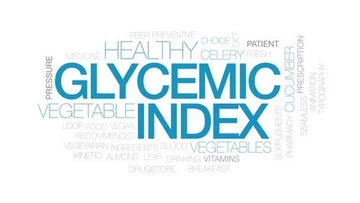Our modern lifestyles, characterized by poor dietary choices and sedentary habits, have led to an increase in obesity and chronic diseases related to metabolic dysfunction. Glucose, a simple carbohydrate derived from the food we eat, plays a crucial role in providing energy to our cells. The way we live, eat, and drink has collectively contributed to metabolic imbalances, leading to adverse health outcomes.
When alcohol is consumed, its impact on blood sugar levels depends on several factors, such as whether one has recently eaten, is fasting, or is following a ketogenic diet. The liver, responsible for maintaining glucose levels in the blood, can both produce glucose (gluconeogenesis) and release stored glucose (glycogenolysis) to ensure a stable supply of energy for the body.
For most healthy individuals with a standard diet, alcohol's effect on glucose levels is relatively minimal due to the body's compensatory mechanisms. However, fasting or being in a ketogenic state can exacerbate the impact of alcohol on glucose regulation. In these cases, alcohol's inhibitory effect on gluconeogenesis can lead to dangerously low glucose levels, potentially resulting in severe consequences like seizures or coma.
Consuming alcohol before a carbohydrate-rich meal can significantly lower post-meal glucose and insulin levels, as it inhibits glucose production and enhances insulin sensitivity. However, the impact of alcohol on insulin sensitivity is still a topic of debate, with mixed findings from various studies.
Long-term, heavy alcohol use can cause alcoholic liver disease (ALD) and damage insulin-producing pancreatic beta cells, leading to glycemic dysregulation. Individuals with ALD have a higher risk of insulin resistance and Type 2 diabetes. Similarly, binge drinking, defined as consuming large amounts of alcohol within a short period, can acutely increase inflammation and disrupt neural control of metabolism, contributing to insulin resistance.
Interestingly, moderate alcohol consumption (~0.5-1 drinks daily for women, 1-2 drinks daily for men) appears to have a mild protective effect on certain aspects of metabolic health, including a lower risk of Type 2 diabetes and higher insulin sensitivity. However, the exact mechanisms behind these effects are not fully understood, though it may be related to alcohol's impact on adiponectin levels, a protein with anti-diabetic and anti-inflammatory properties.
In conclusion, alcohol consumption can have complex effects on metabolism and glucose levels. Light-to-moderate alcohol consumption is less likely to have an immediate significant impact on healthy individuals' glucose levels, thanks to the body's compensatory mechanisms. However, fasting or following a ketogenic diet may increase the risk of alcohol-induced glucose imbalances. Long-term heavy alcohol use and binge drinking are associated with higher rates of insulin resistance and impaired glucose regulation.





